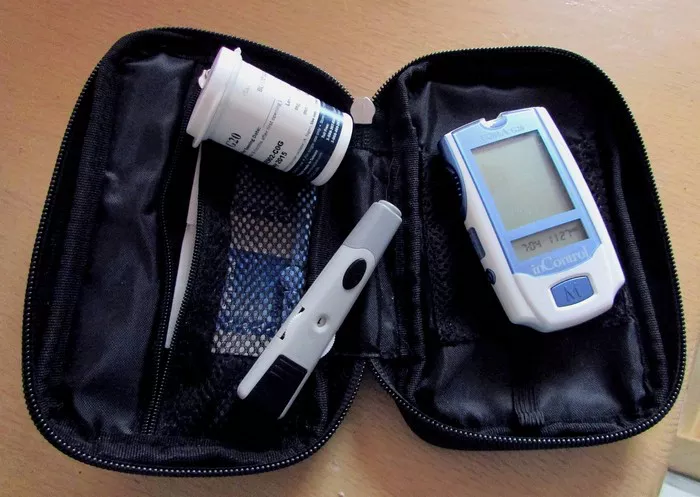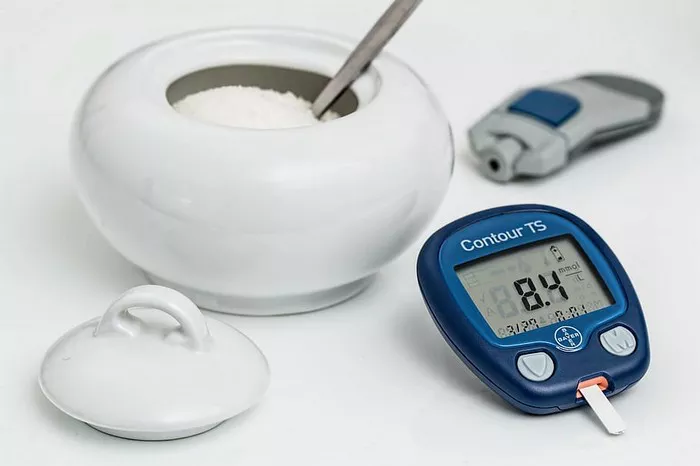Hypoglycemia, characterized by abnormally low blood sugar levels, is a critical aspect of diabetes management that requires careful attention and understanding. In this comprehensive guide, we will delve into the definition of hypoglycemia duration, explore the factors influencing its duration, discuss strategies for managing and preventing hypoglycemic episodes, and emphasize the importance of proactive healthcare management.
Definition of Hypoglycemia Duration
Hypoglycemia, often referred to as a “hypo,” occurs when blood sugar levels drop below the normal range, typically below 70 milligrams per deciliter (mg/dL). The duration of hypoglycemia can vary widely depending on several factors, including its severity, underlying cause, treatment approach, and individual response.
Factors Influencing Duration
Severity: The severity of hypoglycemia plays a significant role in determining its duration. Mild cases may resolve relatively quickly, often within minutes, with prompt treatment, while severe episodes may take longer to resolve and may require medical intervention.
Cause: The underlying cause of hypoglycemia can impact its duration. For example, hypoglycemia triggered by an insulin overdose may persist longer than hypoglycemia resulting from skipping a meal. Understanding the root cause is crucial for determining appropriate management strategies.
Treatment: The effectiveness and timeliness of treatment can significantly influence the duration of hypoglycemia. Prompt consumption of fast-acting carbohydrates, such as glucose tablets or fruit juice, can help raise blood sugar levels swiftly and shorten the duration of symptoms.
Individual Response: Each individual may respond differently to hypoglycemia based on various factors, including overall health, age, and tolerance to low blood sugar levels. Some individuals may experience prolonged hypoglycemia, while others may recover quickly.
Typical Duration of Hypoglycemia
In general, the duration of hypoglycemic episodes can vary widely depending on the factors mentioned above. Mild cases of hypoglycemia may resolve within minutes after consuming carbohydrates, while severe episodes may persist for an extended period, requiring ongoing monitoring and management.
Monitoring Blood Sugar Levels
Regular monitoring of blood sugar levels is crucial for individuals at risk of hypoglycemia, especially those with diabetes. Monitoring allows individuals to track their blood sugar levels during and after hypoglycemic episodes, ensuring they return to a safe range. It also helps identify patterns and triggers for hypoglycemia, enabling proactive management strategies.
Seeking Medical Attention
While most cases of hypoglycemia can be managed at home with prompt treatment, individuals should seek medical attention if symptoms persist or worsen despite treatment. Severe or prolonged hypoglycemia may indicate an underlying health issue that requires professional intervention.
Prevention Strategies
Preventing hypoglycemic episodes is essential for maintaining overall health and well-being. Some practical tips for preventing hypoglycemia include:
- Eating regular meals and snacks to maintain stable blood sugar levels throughout the day.
- Monitoring blood sugar levels closely, especially before and after physical activity or other factors that may affect blood sugar.
- Adjusting medication doses as recommended by a healthcare provider to prevent low blood sugar levels.
Conclusion
Understanding the factors influencing the duration of hypoglycemia is essential for effective management and prevention. By recognizing the severity, cause, and individual response to hypoglycemia, individuals can take proactive steps to address and prevent episodes of low blood sugar. Working closely with healthcare providers and implementing personalized management strategies can help individuals maintain optimal blood sugar control and overall health.
Related Topics:
What Are The Signs And Symptoms Of Hypoglycemia?



























